May 23, 2019
Demand outstrips supply for Edinburgh office space
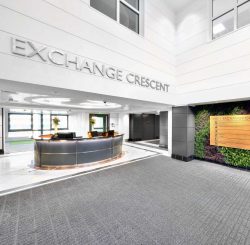 The majority (90 percent) of Grade A deals for commercial offices in Edinburgh so far this year came from the tech sector, according to Savills, resulting in TMT being the most active business sector of the first quarter of 2019. Key deals included Amazon signing for 30,000 sq ft at Exchange Crescent and Epic Games taking 10,000 sq ft at Quartermile 2. This reflects that fact that over the past five years, Edinburgh has seen employment growth of 7 percent in the professional scientific and tech industries and is forecast to see a further 11 percent over the next five years; resulting in a projected 3,800 net additional jobs in these industries
The majority (90 percent) of Grade A deals for commercial offices in Edinburgh so far this year came from the tech sector, according to Savills, resulting in TMT being the most active business sector of the first quarter of 2019. Key deals included Amazon signing for 30,000 sq ft at Exchange Crescent and Epic Games taking 10,000 sq ft at Quartermile 2. This reflects that fact that over the past five years, Edinburgh has seen employment growth of 7 percent in the professional scientific and tech industries and is forecast to see a further 11 percent over the next five years; resulting in a projected 3,800 net additional jobs in these industries




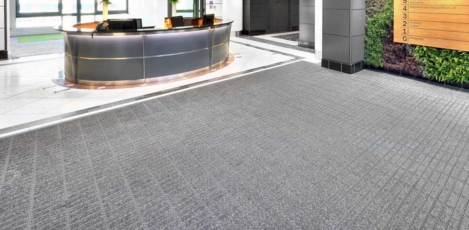



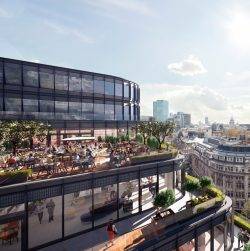 The first quarter of 2019 saw take-up of office space in central London at its strongest for six years, as it continues to outperform expectations. This is according to
The first quarter of 2019 saw take-up of office space in central London at its strongest for six years, as it continues to outperform expectations. This is according to 
 BSRIA has launched a new guide that aims to inform those involved in the design, construction and operation of a building about how an effective Business-Focused Maintenance (BFM) regime can be developed and achieved through the Soft Landings approach. The topic guide on Soft Landings and BFM is written as an ‘at a glance publication’ to give readers a glimpse of the subject and recommends further reading.
BSRIA has launched a new guide that aims to inform those involved in the design, construction and operation of a building about how an effective Business-Focused Maintenance (BFM) regime can be developed and achieved through the Soft Landings approach. The topic guide on Soft Landings and BFM is written as an ‘at a glance publication’ to give readers a glimpse of the subject and recommends further reading. 
 The UK’s regional cities are competing harder than ever with London to become the location of choice for the tech sector. According to CBRE’s report
The UK’s regional cities are competing harder than ever with London to become the location of choice for the tech sector. According to CBRE’s report 


 New guidance has been launched by the UK Green Building Council (UKGBC) to assist client organisations to include more ambitious circular design and construction best practices in project briefs for non-domestic projects. It addresses the commercial realities associated with making this practically happen and provides support and evidence to assist clients in setting clear strategies that ensure budget, project timescales and risks are all minimised and mitigated. The guidance may also be helpful for those in the supply chain looking to support construction clients on their journey towards specifying and practically applying circular economy principles.
New guidance has been launched by the UK Green Building Council (UKGBC) to assist client organisations to include more ambitious circular design and construction best practices in project briefs for non-domestic projects. It addresses the commercial realities associated with making this practically happen and provides support and evidence to assist clients in setting clear strategies that ensure budget, project timescales and risks are all minimised and mitigated. The guidance may also be helpful for those in the supply chain looking to support construction clients on their journey towards specifying and practically applying circular economy principles.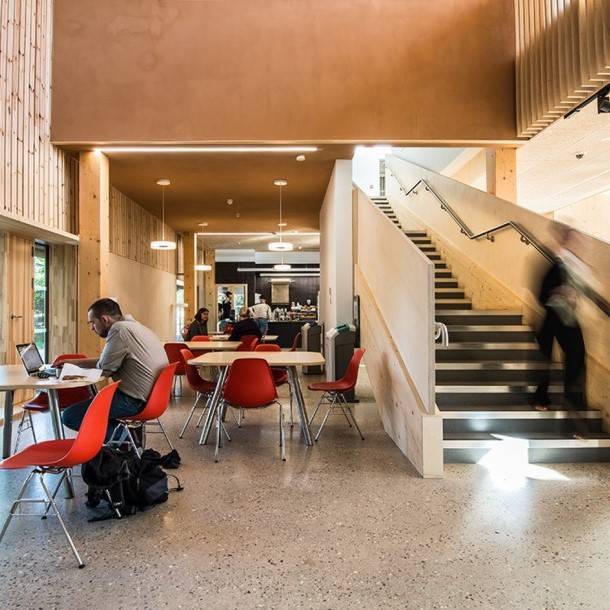

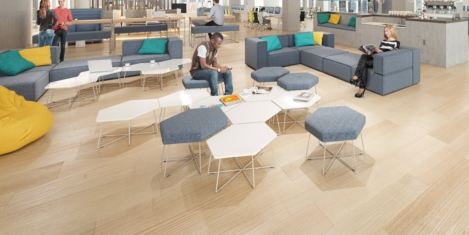
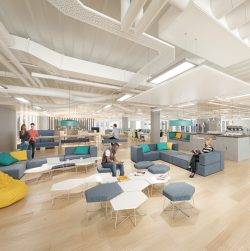 The corporate appetite for flexible space continues to grow as around two-thirds of occupiers rank employee engagement (68 percent) and talent attraction & development (65 percent) as two of the three most important drivers of corporate real estate (CRE) strategy. According to the 2019 EMEA Occupier Survey by CBRE over a third of companies see labour and skills shortages as a key strategic challenge, double last year’s result. In line with last year’s survey, technology disruption (36 percent) economic uncertainty (43 percent) and cost escalation (31 percent) all feature highly as key challenges for occupiers.
The corporate appetite for flexible space continues to grow as around two-thirds of occupiers rank employee engagement (68 percent) and talent attraction & development (65 percent) as two of the three most important drivers of corporate real estate (CRE) strategy. According to the 2019 EMEA Occupier Survey by CBRE over a third of companies see labour and skills shortages as a key strategic challenge, double last year’s result. In line with last year’s survey, technology disruption (36 percent) economic uncertainty (43 percent) and cost escalation (31 percent) all feature highly as key challenges for occupiers.
 New service charge rules which aim to ensure there are no hidden costs and clarity around disputes, come in to force today (1 April 2019) and are mandatory for RICS professionals. ‘Service charges in commercial property’ has been developed with industry leaders, including major property organisations and professional bodies to secure transparent, upfront and fair costs for businesses as part of the maintenance and upkeep of their building. Amongst the rules, any charges incurred by the tenant must be explained fully at the outset and in accordance with the terms of the occupational lease, whilst any upkeep costs not specifically mentioned or explained in a lease must be made irrecoverable from the tenant.
New service charge rules which aim to ensure there are no hidden costs and clarity around disputes, come in to force today (1 April 2019) and are mandatory for RICS professionals. ‘Service charges in commercial property’ has been developed with industry leaders, including major property organisations and professional bodies to secure transparent, upfront and fair costs for businesses as part of the maintenance and upkeep of their building. Amongst the rules, any charges incurred by the tenant must be explained fully at the outset and in accordance with the terms of the occupational lease, whilst any upkeep costs not specifically mentioned or explained in a lease must be made irrecoverable from the tenant.













April 11, 2019
What lift design tells us about who we are and how we work
by Mark Eltringham • Comment, Facilities management, Workplace design
More →